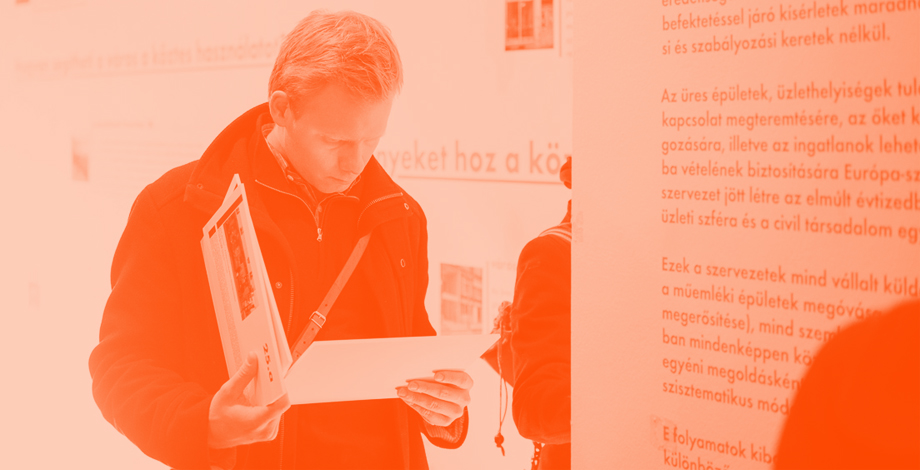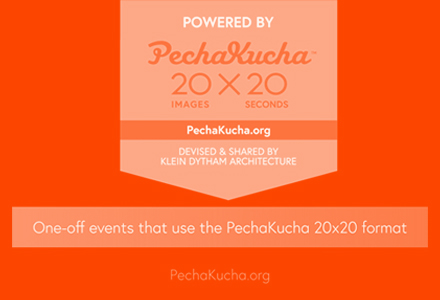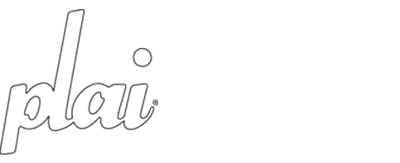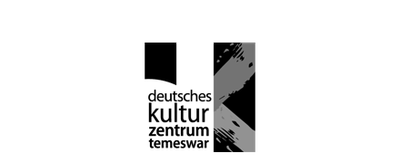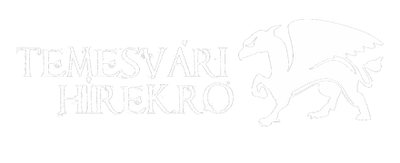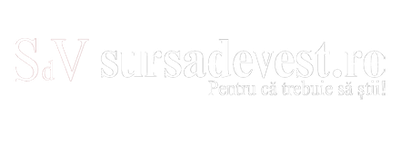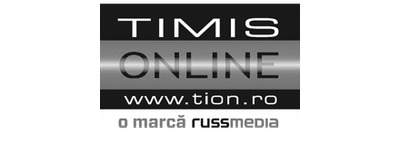28 October
Expoziție
Adaptable city
In the past years, the public, professionals and municipal officers have become increasingly conscious of the problem of mass vacancy, as they identified the present period’s most important urban development challenges: efficient use of available resources and relying upon existing buildings and community initiatives
To consider the “in-between time” opening between the moment a property goes vacant and its new use as an opportunity, architects, planners, cultural producers and urban activists invented the notion of temporary use and elaborated its frameworks, tools and methodologies. In addition, in response to the critiques of temporal limitation and gentrification, they elaborated new financial mechanisms and economic models to stabilize the community reuse of vacant spaces on the long term. These processes began to unfold precisely when the lack of financial resources forced governments and municipalities to re-interpret their existing infrastructure and to re-activate it by involving new functions and new actors. Temporary use and long-term adaptive reuse gives preference to small-scale, often temporary, community-oriented interventions over extensive construction projects, responding to the needs of local communities instead of to the requirements of speculation-driven investments.
The exhibition Adaptable City gives an introduction to the logics of temporary use and adaptive reuse, discussing its fundamental questions as well as the organisational, economic, legal and architectural conditions of the reutilization of vacant buildings and sites.
Curator: Levente Polyák
Co-curator: Júlia Oravecz
Design: Ádám Albert
Texts: Levente Polyák, Júlia Oravecz, Ágnes Deigner, Dániel Kovács
An exhibition of the KÉK - Hungarian Contemporary Architecture Centre
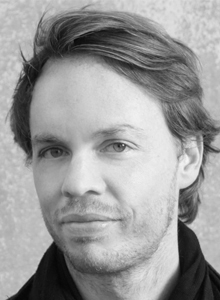
Levente Polyák
Levente Polyák is a researcher, urban planner and policy adviser. He studied architecture, urbanism, sociology and art theory in Budapest and Paris, working on urban regeneration projects in New York, Paris, Rome, Vienna, Budapest and Pécs. Co-founder of Eutropian, founding member of KEK, board member of Wonderland. Specialized in urban regeneration, cultural development, community participation, local economic development and social innovation.
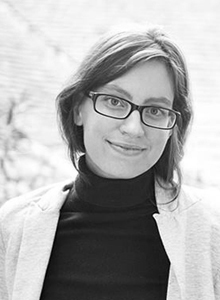
Júlia Oravecz
Júlia Oravecz studied History of Art and Art and Design Management in Budapest. Member of KEK and Kultúrgorilla, she is working as curator and project manager in contemporary design and urbanism. Her main interests are the intersections of urban design and social innovation, the cooperation based use of urban spaces and the practices of temporary use management agencies. Founder and organizer of KEK’s Open! Festival.


